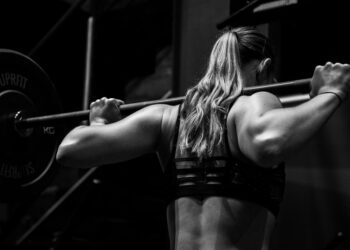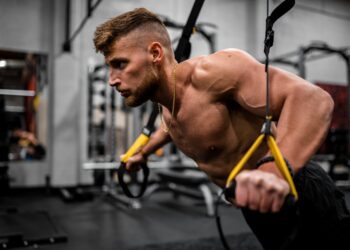Build Muscle – the basics
The best way to build muscle mass is through a combination of exercise and nutrition.
Here are some tips on how to go about it:
Resistance training: Engage in regular resistance training exercises such as weight lifting, bodyweight exercises or resistance band exercises. Resistance training helps to build and strengthen muscles, leading to increased overall strength.
Progressive overload: Gradually increase the weight, reps, or sets of your resistance training exercises over time to continue challenging your muscles.
Progressive overload is a principle in weight training that involves gradually increasing the demands placed on the body during exercise. This can be achieved by increasing the weight, repetitions, sets, or intensity of the exercise over time.
The idea behind progressive overload is that as the body adapts to a given level of stress, it becomes more efficient at performing that activity. Therefore, to continue seeing gains in strength and muscle size, it’s important to continually challenge the body by increasing the resistance or volume of the exercise.
For example, if you are able to lift 10 pounds for 10 repetitions with good form, the next time you perform the exercise, you might increase the weight slightly to 12 pounds, with the goal of eventually building up to 10 repetitions with the new weight. This continued progression helps to maximize the adaptations of the body, leading to increases in strength, muscle size, and endurance over time.
It’s important to keep in mind that progressive overload should be done gradually and with good form to avoid injury. Additionally, it’s important to provide adequate rest and recovery time between workouts to allow the body to rebuild and adapt to the increased demands.
Proper nutrition: Eat a balanced diet rich in protein to provide your body with the fuel it needs to build and repair muscle. Aim to consume 1-1.5 grams of protein per pound of body weight.
To build muscle, it is important to consume enough protein and calories to support muscle growth. Here are some foods that can help you build muscle:
- Lean meats: Chicken, turkey, beef, and pork are all high in protein and essential amino acids, which are crucial for muscle growth.
- Greek yogurt: Greek yogurt is an excellent source of protein, and it also contains probiotics which can help with digestion.
- Eggs: Eggs are another great source of protein, and they also contain healthy fats which can help to support muscle growth.
- Brown rice: Brown rice is a complex carbohydrate that provides a steady source of energy throughout the day, making it a great choice for muscle building.
- Quinoa: Quinoa is a complete protein source, meaning it contains all nine essential amino acids. It is also a good source of complex carbohydrates which can help to support muscle growth.
- Nuts and seeds: Almonds, walnuts, pumpkin seeds, and chia seeds are all high in protein and healthy fats, making them a great snack for building muscle.
- Fruits and vegetables: Fruits and vegetables provide important vitamins and minerals that support overall health and can help to reduce inflammation, which is important for muscle recovery.
Remember to also stay hydrated and consume enough calories to support muscle growth. A balanced diet with a variety of foods can help you reach your muscle-building goals.
Caloric surplus: To build muscle mass, you need to consume more calories than you burn. Aim for a caloric surplus of 250-500 calories per day.
Adequate rest: Allow your muscles time to rest and recover by taking days off from resistance training and getting adequate sleep.
Consistency: Consistently follow your resistance training regimen and nutrition plan to see results over time.
Remember, building muscle mass takes time and dedication. Be patient, stay consistent, and enjoy the process!

Personal Training Courses & Fitness Courses
As our name suggests, Global Fitness Institute specializes in Personal Training courses and Fitness Instructor courses .
For those people looking to save over $1000, you might consider signing up for our Personal Training Course Combo , which includes both the SIS30321 Certificate III in Fitness & SIS40221 Certificate IV in Fitness.
Our largely online fitness courses offer a flexible approach to learning, including reading material, instructional and informational videos, interactive practical tasks which are all accessible online, allowing you to study from home, at your own pace.


